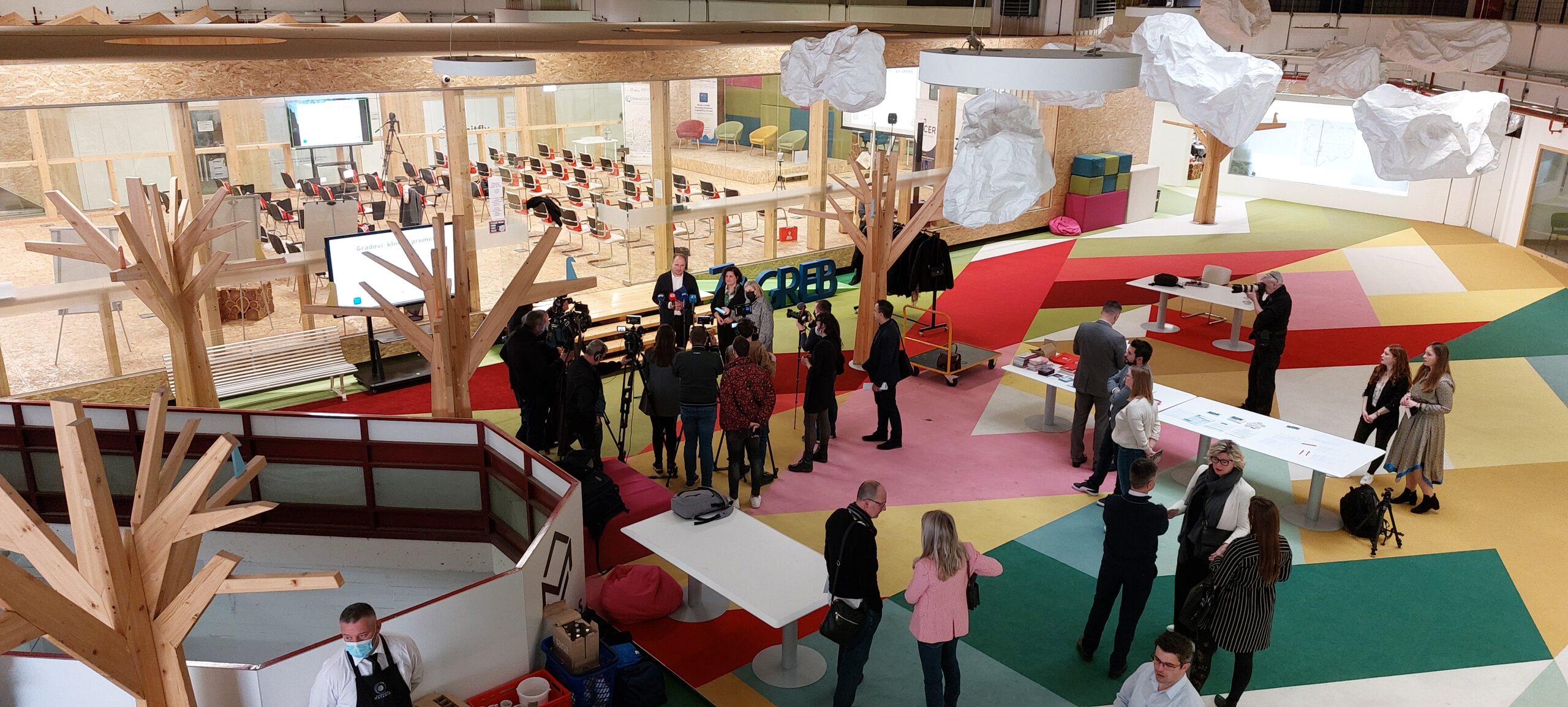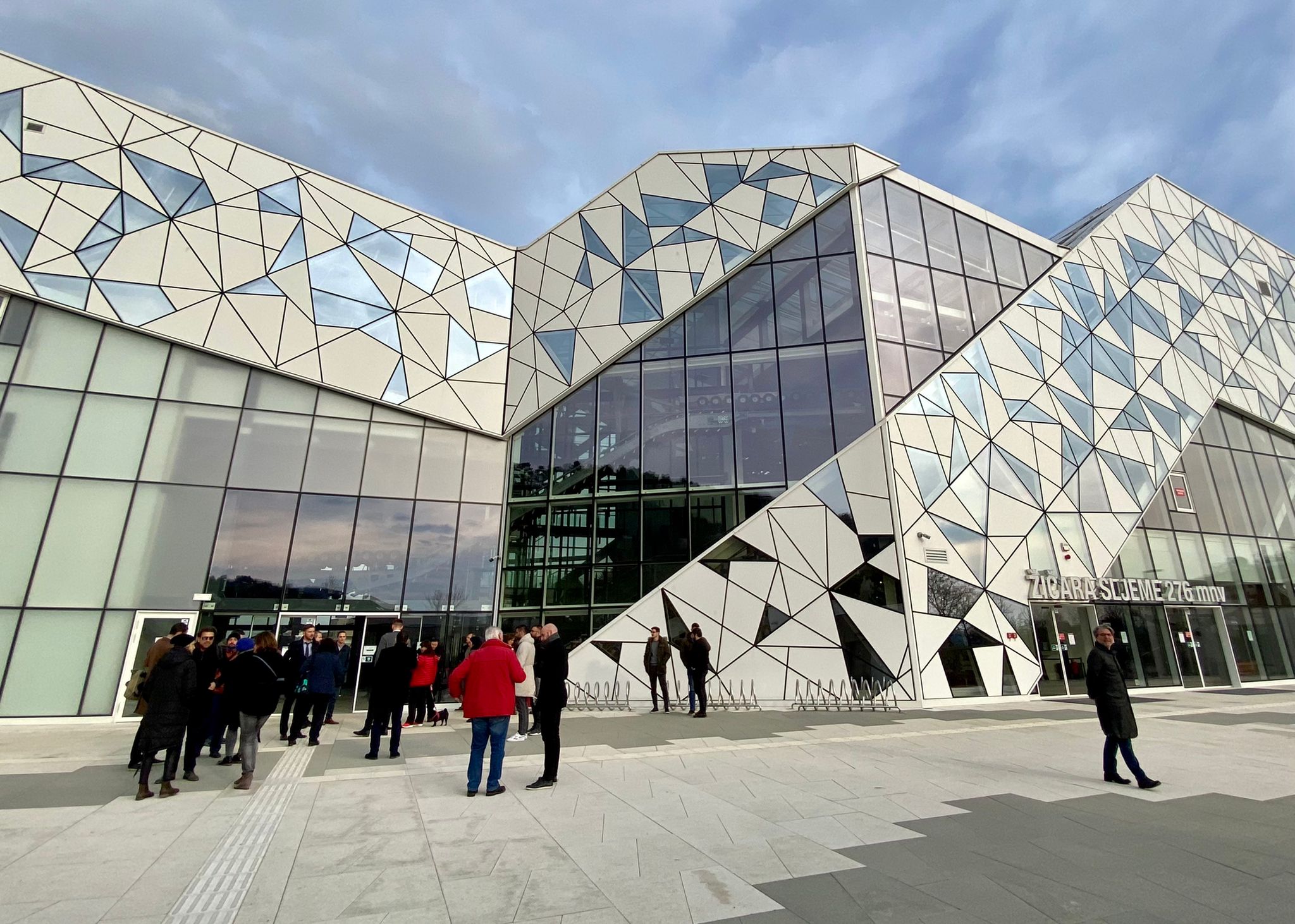CLIMASUM
Advancing low-carbon transport through the promotion of Sustainable Urban Mobility Plans in the Czech Republic, Slovakia, Bosnia and Herzegovina, Croatia, and Slovenia.
Awareness Climate-Neutral Mobility

Project info
Bosnia and Herzegovina, Croatia, Czech Republic, Romania, Slovakia, Slovenia
10/21 - 09/23
Public sector, Regional governments, National governments, Local governments, Civil society
362,771.31 €
Contact info
Goran Lampelj
- Center for Environment
- Transport Research Center
- URBAN SURVEY
Background
The European Green Deal, along with the Green Agenda for the Western Balkans, aims to reduce emissions by 55% by 2030, with the transport sector being one of the main frameworks for implementing the strategies. On municipal and regional level, the concept of Sustainable Urban Mobility Plans (SUMPs) has proven successful. They are supportive of both inter-sectoral coordination and citizen participation, which makes them a powerful tool in the sustainable transformation of mobility patters. In the target countries, many regional governments lack experience in drafting and implementing SUMPs, which is constituting a major obstacle to the introduction and adaption of sustainable mobility patterns.

Project
The project team is going to introduce local governments to SUMPs and offers guidance for their respective implementation. This happens through several means, which are tailored to individual countries’ needs and particularities. First, the project team collects data on the transport sector and develops core topics and policy recommendation from them. Reliable data allows to define a concrete and measurable target, behind which different governmental entities can unite and thus encourages cooperation across sectors and government levels. Second, the project team aims to intensify the cooperation between national and local authorities through common study trips, conferences, and publications on good practices. Third, the project team organises training events for city representatives, young professionals in urban and transport planning, and decision makers. These events provide them with necessary skills and knowledge for developing SUMPs and eventually effective and sustainable transport systems. Making the planning process as such more efficient and effective, the project’s activities contribute significantly to the advancement of sustainable mobility and thus to both national and EU climate goals.
Last update: July 2024
